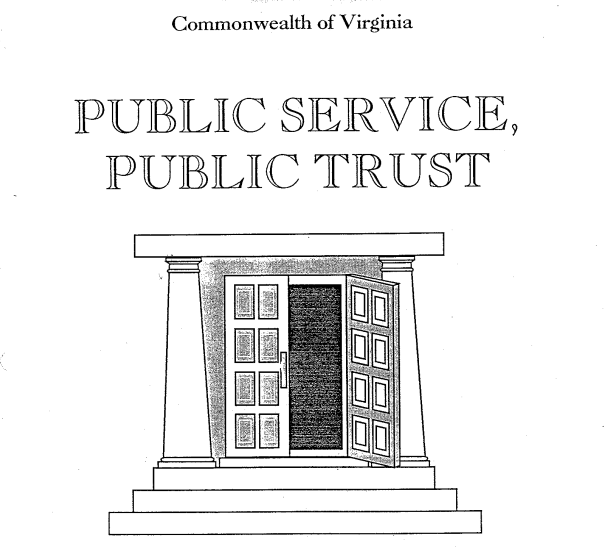 With regard to Virginia Attorney General Ken Cuccinelli’s legal (and political) crusade against the federal government’s health care reform efforts, a number of people, myself included, have repeatedly raised the question of “standing.” For instance, back in August 2010 I asked, “How on earth does a judge find that Virginia’s Attorney General has standing to sue the federal government over a law passed by Congress?” The answer: “If it’s an activist conservative Bush-appointed judge, it’s not hard at all.” At the time, I analyzed it this way:
With regard to Virginia Attorney General Ken Cuccinelli’s legal (and political) crusade against the federal government’s health care reform efforts, a number of people, myself included, have repeatedly raised the question of “standing.” For instance, back in August 2010 I asked, “How on earth does a judge find that Virginia’s Attorney General has standing to sue the federal government over a law passed by Congress?” The answer: “If it’s an activist conservative Bush-appointed judge, it’s not hard at all.” At the time, I analyzed it this way:
The “standing” argument in large part comes down to the “Virginia Health Care Freedom Act,” which even this Bush appointee judge admits is of a “declaratory nature” with a “transparent legislative intent.” Essentially, Bob Marshall et al. rushed this law into passage for the very purpose of ginning up a phony “standing” argument so they could sue the federal government over the newly passed health care reform law. Yes, it’s “lawfully enacted,” but it’s also a mockery of what real law is supposed to be about. I also tend to agree with the Secretary of HHS, Kathleen Sebelius, that Virginia doesn’t have “standing as parens patriae to bring an action against the federal government.”
Well, it now looks like that argument is coming to the forefront once again, and not in the way Marshall et al hoped it would.
The second hearing shifted the focus onto another issue that, particularly in the political debate, has gotten very little attention-even though legal scholars have long suggested it might be significant. That issue is “standing.” The second case, Virginia v. Sebelius, is the lawsuit Ken Cuccinelli organized and filed for his state. But it’s not clear that Virginia even has a right to bring this lawsuit on behalf of its citizens. (Some of the other lawsuits include among their plaintiffs individuals who claim that the mandate has forced or will force them to rearrange their financial affairs.)
E. Duncan Getchall, who spoke for Virginia in oral arguments, cited a new state law prohibiting anybody from being forced to buy insurance. But Katyal argued Virginia passed that law simply to block federal action, something courts have not traditionally allowed states to do, and the judges seemed to agree. During Katyal’s argument, Judge Davis asked, “Would a state that did that, with respect to any statute enacted by congress, lack standing? I don’t see a limiting principal. We talked a lot about limiting principals. How on earth can there be standing if all it takes is that the state enacts a statute and the [attorney general] comes forward?”
Katyal’s response? “Exactly, your honor.“
In short, it appears that the Fourth Circuit Court of Appeals, where three judges are now considering Cuccinelli’s case, is looking closely at the “standing” issue in this case, and very well could decide that Virginia has none. If they do, that would absolutely be the correct decision. The reality is that Bob Marshall’s “Health Care Freedom Act” was rushed into law specifically so that Cuccinelli could argue “standing” in the courts. And it’s worked pretty well so far, especially before Republican-appointed judges. But now, it appears that a court might find that Virginia doesn’t have “standing” after all. At which point, the entire case falls apart, even apart from the highly questionable “merits” of the core arguments Cuccinelli’s making. In the end, this won’t be the end of it, as the case will almost certainly be appealed and appealed until it reaches the U.S. Supreme Court. However, it’s good to know that at least some judges (usually Democratic appointees) actually think it’s more important to follow the law than to be judicial activists (usually Republican appointees). It’s ironic, given the Republicans’ frequent wails of supposed “judicial activism” from the liberal direction. But then again, these people are masters of psychological projection, ascribing to others the very things that they themselves think, believe, want to do, etc.













